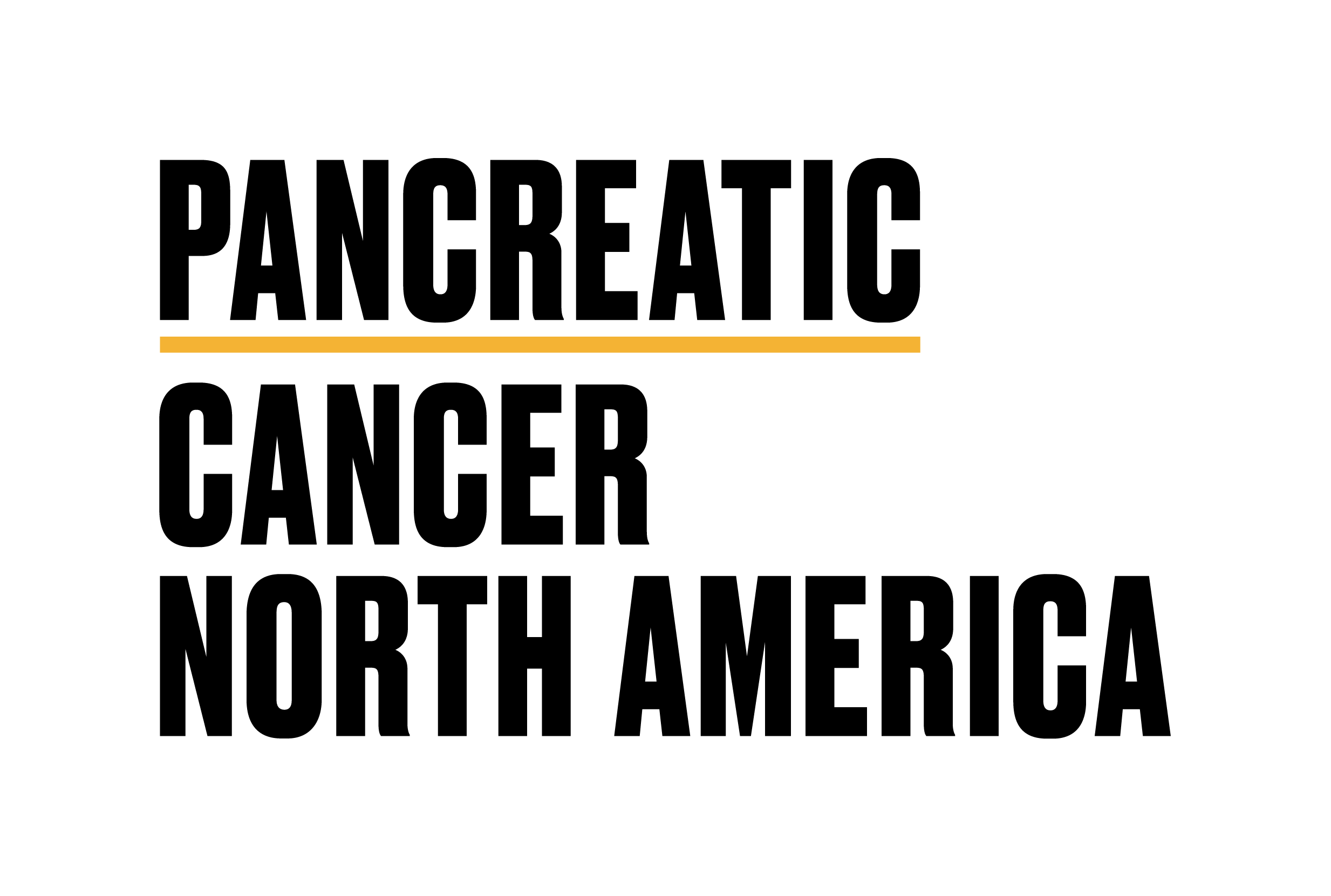Treatment Options

Finding the Right Treatment
Radiation therapy may sometimes be used as part of treatment planning for patients with pancreatic cancer. However, as is the case with surgery, radiation is not given to all patients. Radiation treatments are individually designed to target the cancer locally in the pancreas and may halt its growth, often minimizing the symptoms caused by local progression (back or abdominal pain, nausea, loss of appetite, intestinal blockage, jaundice).
Radiation Options
Radiation therapy protocols differ according to the tumor resectability. In general, patients will need to have a planned CT scan 7 to 10 days before treatment.
Resectable: radiation is generally not recommended, as surgery is the best curative treatment option. However, if there is risk of local progression post-surgery then radiation may be recommended.
Borderline resectable: radiation may be used in conjunction with chemotherapy (chemoradiotherapy) to decrease tumor size to allow for surgical intervention.
Unresectable: in patients that have previously received upfront chemotherapy and have not developed metastatic disease or significant local progression, radiotherapy may be considered, possibly in combination with chemotherapy.
Palliative Intent Radiation
Palliative intent radiation therapy may be given to patients with locally advanced or metastatic cancers to assist with pain and symptom management. Additionally, metastases elsewhere in the body may be treated with radiation to help manage symptoms of the disease.
Clinical Trials
There are clinical trials that utilize radiation therapy for different purposes. It is important to discuss these options in detail with a pancreatic cancer specialist physician to determine whether you may be eligible. Please visit the Clinical Trials page for more information.
There are some important considerations to discuss with your specialist physician before choosing radiation as an appropriate part of a treatment plan. These considerations are not absolute, but may affect whether radiation is an option for a particular patient. They include, but are not limited to, the following:
Patients who have previously had radiation in the region of the pancreas or upper abdomen.
Patients with certain autoimmune disorders or uncontrolled illness such as active infections, unstable heart problems etc.
Whether or not the patient can attend daily radiation treatments.
As with other treatments, radiation carries possible side effects. Medications, such as anti-sickness tablets, can be given before treatment to help prevent them. These side effects may include, but are not limited to:
– Fatigue
– Reduced appetite
– Nausea
– Diarrhea
– Short-term increase in regional pain
Surgery is the best option for people whose cancer can be safely and effectively removed. This usually means that the tumor has not grown into any of the major blood vessels located near the pancreas or spread to surrounding structures. The type of surgery will depend on the location of the tumor in the pancreas. However, not every patient is eligible for surgical treatment. Factors such as the stage of the disease, personal health, and the ability to tolerate a major operation – including prolonged anesthesia – must be considered before a patient can undergo surgery.
It is important to discuss the benefits, risks, and potential complications of surgery with an experienced pancreatic surgeon before deciding upon surgery as the preferred course of treatment.
Although improvements in diagnosis, staging, surgical techniques, and postoperative care have led to better outcomes after surgery, pancreatic resection is a demanding operation on both the patient and the surgical team. Recent studies have shown that the outcome from surgery in these complex procedures is dependent on the experience of the hospital and the surgeon performing the operation. Therefore, it is recommended that pancreatic cancer surgery be performed in a centre that is experienced and does a high volume of these complex surgical procedures to ensure the best outcome.
Whipple Procedure
The Whipple procedure is the most commonly performed surgery to remove tumors in the pancreas. In a standard Whipple procedure, the surgeon removes the head of the pancreas, the gallbladder, part of the duodenum(uppermost portion of the small intestine), a small portion of the stomach called the antrum, and the lymph nodes near the head of the pancreas. The surgeon then reconnects the remaining pancreas and digestive organs so that pancreatic digestive enzymes, bile, and stomach contents will flow into the small intestine during digestion. Surgery usually lasts between 6-10 hours.
Total Pancreatectomy
A total pancreatectomy involves the removal of the entire pancreas, as well as the spleen, gallbladder, common bile duct, and portions of the small intestine and stomach. By removing the pancreas, the chance of removing the entire tumor is increased. Unfortunately, a total pancreatectomy leaves the patient unable to produce pancreatic enzymes for digestion and insulin to control blood glucose levels. The patient will be required to take supplemental enzymes and insulin for the remainder of his or her life. Sometimes, an islet cell transplant can be performed to allow the body to continue to produce insulin.
Distal Pancreatectomy
A distal pancreatectomy involves the removal of the bottom half of the pancreas. This procedure is chosen if the tumor is located in the body or tail of the pancreas.
Palliative Intent Surgery
Palliative intent surgery is sometimes recommended to alleviate distressing symptoms. In particular, tumors blocking the bile duct can cause uncomfortable symptoms such as jaundice, itching, nausea, and bowel problems. Common options for these procedures include:
Stent Implant – having a small plastic tube (called a stent) fitted inside the bile duct helps to open up the duct and help to improve symptoms.
Biliary Bypass – another method to relieve the blockage of the bile duct is to cut the duct above the blockage and rejoin it to the intestine. After the surgery, bile will bypass all or part of your bile duct and drain into the intestine.
Chemotherapy travels through the bloodstream, allowing for effectiveness against circulating metastatic cancer cells and established distant metastatic lesions. However, this is also responsible for the harm caused to the normal, healthy cells in the body. Chemotherapy is given to patients for a variety of reasons. These include:
- To control the growth of cancer and prolong a quality of life.
- To reduce the size of a tumor. Chemotherapy can be used to shrink the tumor in the pancreas before surgery or radiotherapy can be considered. This is called neo-adjuvant treatment.
- To try and prevent the cancer coming back after surgery or radiotherapy. The aim is to kill any cancer cells that may be circulating throughout the body. This is called adjuvant treatment.
- To increase the effectiveness of radiotherapy treatment. Chemotherapy can be used alongside radiation to increase the chance of treatment being more effective. This is called chemo-radiotherapy.
Chemotherapy Options
When considering chemotherapy as a treatment option, it is important to discuss with your physician the pros and cons of each drug. While one drug may prove effective in a specific subset of patients, it may not necessarily be recommended for treatment of every patient with pancreatic cancer. Furthermore, the side effect profile of each drug may prove to be more or less tolerable based on each patient’s individual preferences. These are all important considerations to discuss with your physician.
Commonly used chemotherapeutic agents include, but are not limited to, the following:
Gemcitabine (Gemzar®)
Gemcitabine is the most commonly used drug to treat pancreatic cancer. It is usually given by intravenous infusion (through a drip) along with anti-sickness drugs. Intravenous infusions are given through a thin, short tube put into a vein in your arm each time you have treatment. Alternatively, you may have a central line, a portacath, or a PICC line inserted just before your treatment starts. These are tubes that give the drugs directly into a large vein in your chest and will stay in place as long as you need treatment.
Nab-Paclitaxel (Abraxane®)
Abraxane® prevents the breakdown of gemcitabine to enhance its effects. By using Abraxane® in conjunction with gemcitabine, the amount of gemcitabine entering the tumors is increased, thereby making it much more effective, but also increasing its potential toxicity.
FOLFIRINOX
FOLFIRINOX is a combination chemotherapy for the treatment of metastatic pancreatic cancer. However, FOLFIRINOX is an extremely toxic treatment and not recommended for all patients. Currently, it is only used in patients with stage 4 metastatic pancreatic cancer who have not yet received any chemotherapy.
5-Fluorouracil (5-FU)
5-Fluorouracil (5-FU) is administered intravenously (through a drip). Sometimes a vitamin called folinic acid (leucovorin) is given at the same time as this enhances the effects of 5-FU. The patient is often given anti-sickness drugs (anti-emetics) at the same time to help prevent adverse side effects.
Irinotecan Liposome Injection (Onivyde®)
ONIVYDE® given in combination with 5-FU (fluorouracil) and leucovorin (LV), is a second-line treatment for metastatic pancreatic cancer that has progressed following previous treatment with gemcitabine.
Some newer drugs have the ability to specifically attack cancer cells according to their unique aspects. These drugs, termed targeted therapies, are designed to treat only the cancer cells and minimize damage to normal healthy cells. Cancer treatments that “target” cancer cells often have fewer side effects and are more focused than traditional chemotherapy and radiation treatments. Targeted therapies are currently being studied for treatment of pancreatic cancer.
The only currently approved targeted therapy is erlotinib (Tarceva®) in combination with the chemotherapy drug gemcitabine, for use in advanced pancreatic cancer that cannot be removed surgically. However, this treatment is uncommon as there are many adverse side effects that diminish the potential benefits of this drug.
Targeted cancer therapies for pancreatic cancer are still under investigation in the laboratory and in clinical trials. Clinical trials are research studies that are performed to investigate new treatments through the observation of patients. Since all cancers are different, a drug that is already approved for the treatment of one type of cancer may not necessarily be approved to treat pancreatic cancer unless it proves effective through the clinical trials process.
Clinical trials are research studies that are done to investigate new treatments through the observation of patients. By observing how many patients respond on the tested therapy, researchers can confirm whether or not new treatments are beneficial for patients. Many clinical trials are currently in progress and taking part in a clinical trial may provide valuable information to help researchers make advancements in treatment possible. In some cases, patients who participate in a trial may benefit from receiving cutting edge treatments resulting in an improvement in a patient’s quality of life that cannot currently be achieved by standard therapy.
If you are considering a clinical trial it is important to establish that the proposed treatment is a better choice for you compared to your current treatment. It is essential to discuss the trial very carefully with your physician. Since pancreatic cancer is a rare disease, many trials have difficulty recruiting sufficient numbers of patients and are constantly looking for new entrants.
North American Clinical Trial Registry Resources:
Further Reading

Pancreatic Cancer North America
442 5th Avenue #2873
Manhattan, NY
10018
Toll Free: 1-844-274-3640
info@pancreaticcancerna.org
